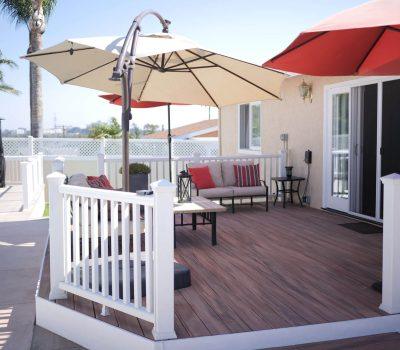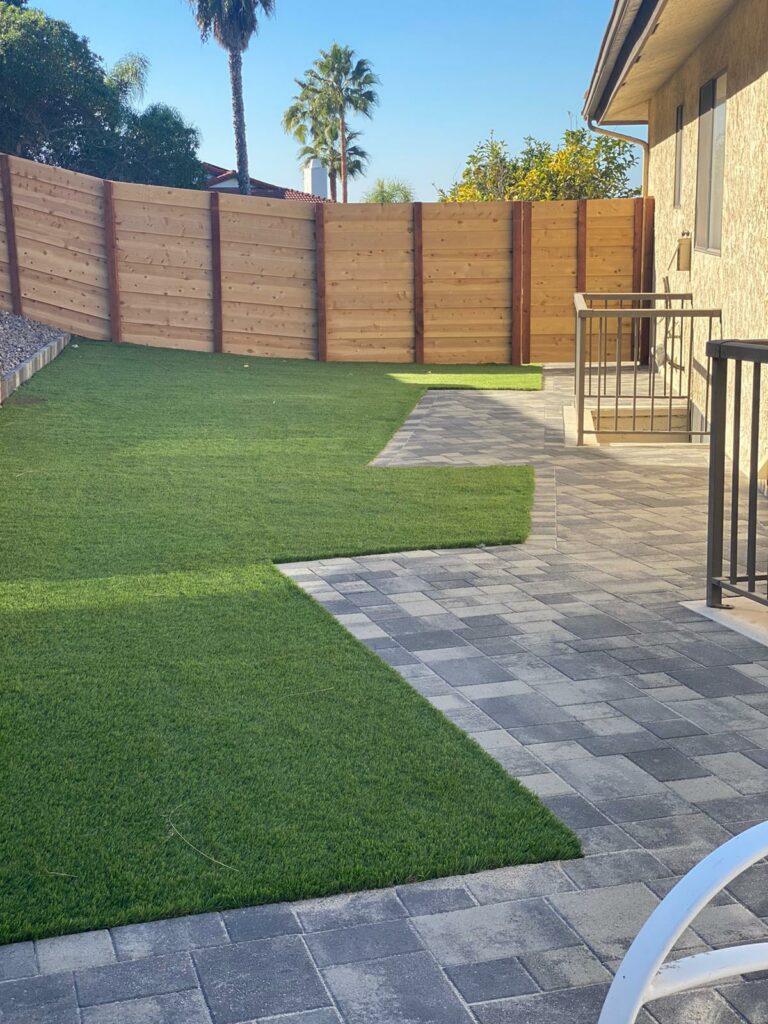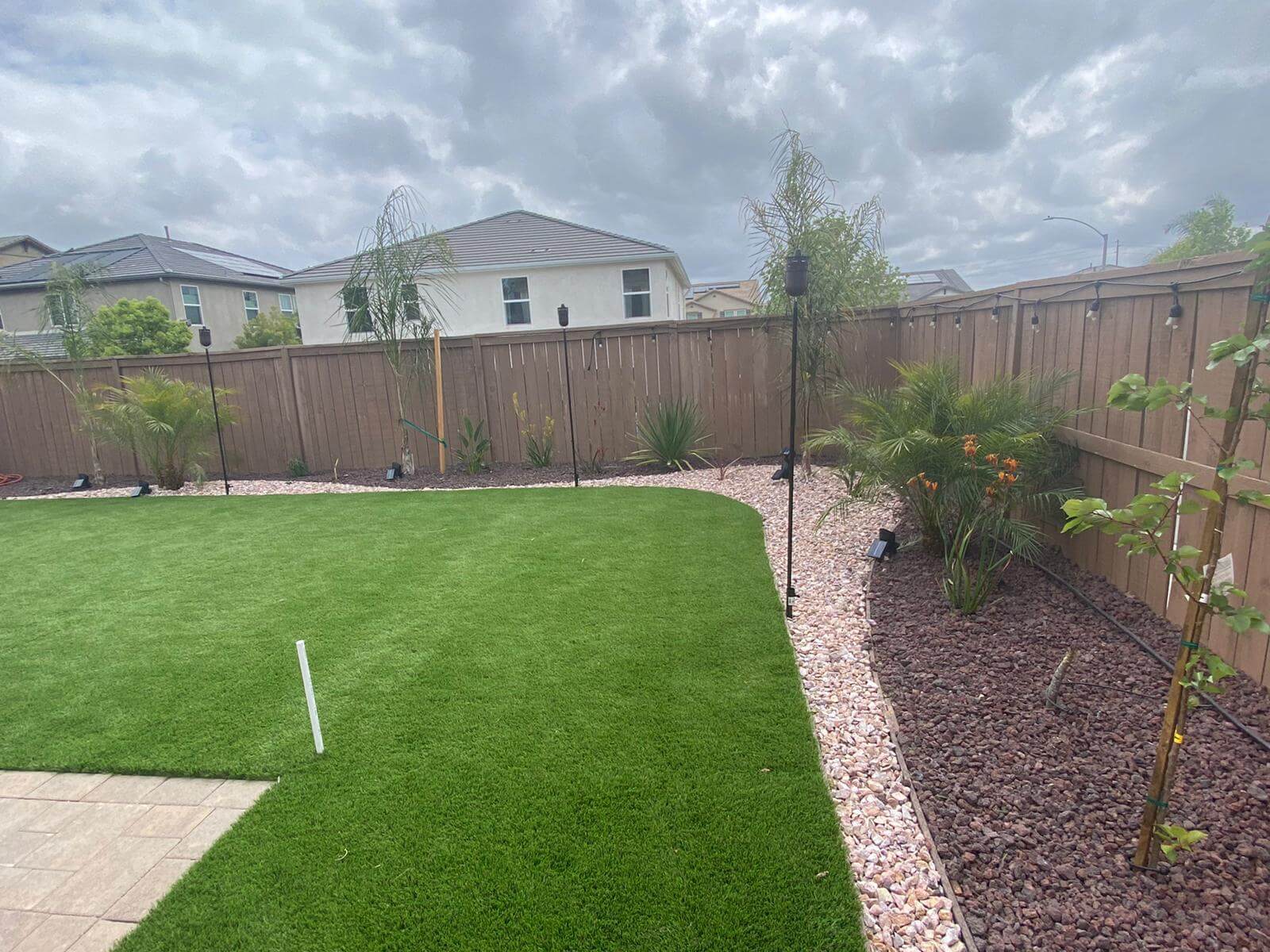Whether you’re revitalizing an existing outdoor space or building from scratch, the choice of material for your patio, walkways, and general hardscaping is one of the most important decisions you’ll make. Among the various materials available, pavers have proven to be a popular and practical choice. This article will delve into the world of pavers, exploring their advantages over other alternatives and why they make a robust choice for your hardscaping needs.
Understanding Pavers
Pavers, or paving stones, are versatile landscaping elements typically used for constructing outdoor hardscape areas like patios, driveways, and walkways. They come in a wide variety of shapes, sizes, colors, and materials such as concrete, clay brick, and natural stone, providing limitless design possibilities. One of the most popular brands for pavers is Belgard, but there are many we can decide upon. The ease of customization allows homeowners to match their hardscaping to their home’s architectural style or personal taste.
Advantages of Pavers
- Durability and Strength
Pavers are exceptionally durable and can withstand heavy loads and changing weather conditions without cracking or becoming damaged. This characteristic sets them apart from alternatives such as concrete slabs, which can crack under stress or due to ground movement.
- Easy Maintenance
Compared to other options, pavers require less maintenance. Stains can be easily cleaned with soap and water, and individual pavers can be replaced if damaged, making them preferable to concrete and asphalt, which are more labor-intensive to repair.
- Aesthetic Appeal
Pavers offer unparalleled aesthetic versatility. Whether you prefer a modern, minimalist look or a rustic, old-world charm, there is a paver style to suit your taste. Alternatives like concrete or asphalt, while functional, may not offer the same level of design flexibility.
- Safety
Pavers offer better slip resistance than options like polished concrete or wooden decking, especially when wet, making them an ideal choice for patios and walkways around pools or in typically wet areas.
Alternatives to Pavers
While pavers bring several advantages in most uses cases, there are other materials also often used in hardscaping, including:
Concrete is often a go-to choice for large, flat surfaces due to its cost-effectiveness and ease of installation. However, over time, concrete is prone to cracking, staining, and it doesn’t offer the same aesthetic appeal as pavers.
- Asphalt
Asphalt is primarily used for driveways due to its ability to withstand heavy loads and its lower cost. Yet, it demands regular maintenance to avoid cracks and potholes, and like concrete, lacks in the aesthetics department.
- Gravel
Gravel is a budget-friendly option ideal for informal pathways and patios. While it requires simple installation, it’s not suited for high traffic areas, can shift underfoot, and may need regular replenishment.
- Wood or Composite Decking
Wood or composite materials can create attractive, warm spaces. However, they are more prone to weathering, require regular maintenance, and may become slippery when wet.
Choosing the Right Paver
When selecting the right paver for your landscape renovation, consider factors such as the area’s purpose, the desired aesthetic, budget, and local climate. Concrete pavers are generally more affordable and come in a variety of shapes and colors. Brick pavers offer a traditional look and are very durable, while natural stone pavers, such as granite, slate, or limestone, provide a unique, high-end aesthetic.
When creating or renovating your outdoor spaces, pavers offer a durable, low-maintenance, and attractive solution for your patio, walkways, and other hardscape areas. Their versatility in design and material choice allows for customization that can reflect your personal style or your home’s architecture, giving your outdoor space a distinctive look that alternatives might not provide.
Though other materials like concrete, asphalt, gravel, or wood have their place in landscape design, they often can’t match the combination of durability, ease of maintenance, safety, and visual appeal offered by pavers. Ultimately, the decision will depend on your specific needs and preferences, but pavers’ benefits make them a strong contender in any hardscaping project. By investing in high-quality pavers and proper installation, you’re sure to enjoy a beautiful and functional outdoor space for years to come






